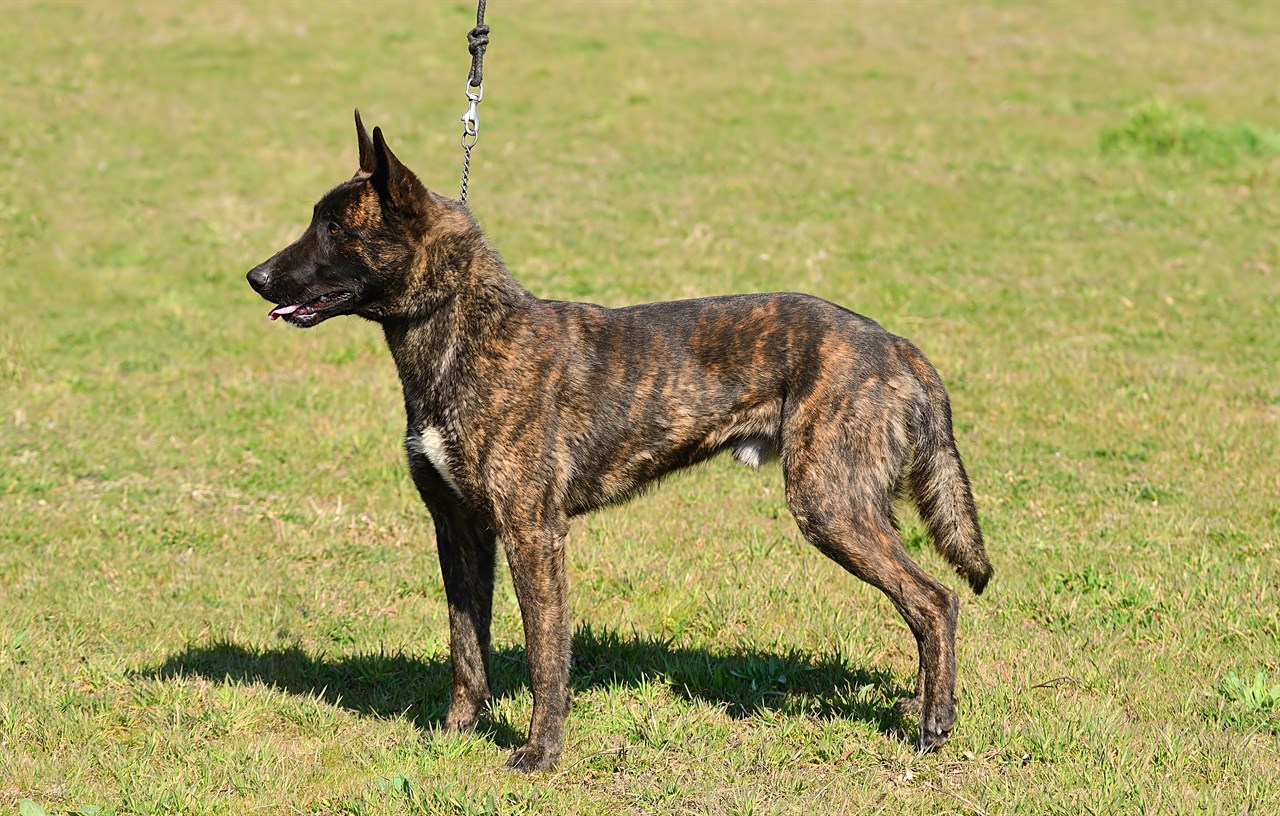Feeding Habits and Food Requirements of the Dutch Shepherd: Nourishing an Active Companion

Proper nutrition is fundamental to the health and well-being of Dutch Shepherds, known for their intelligence, agility, and boundless energy. Understanding their feeding habits and nutritional needs ensures that these dogs receive the essential nutrients for a vibrant and active life.
High-Quality Dog Food
Selecting a high-quality commercial dog food designed for active breeds is the foundation of a Dutch Shepherd's diet. Look for formulations that list meat as the primary ingredient and avoid fillers such as corn or soy.
Age-Appropriate Nutrition
Dutch Shepherds have different nutritional needs at various life stages. Puppies require diets rich in protein and essential nutrients for growth, while adult dogs benefit from balanced formulations to support their activity levels. Senior dogs may have dietary requirements tailored to ageing needs.
Portion Control
While Dutch Shepherds are active, it's important to monitor their weight to prevent obesity. Portion control based on the dog's size, age, and activity level helps maintain a healthy weight.
Regular Feeding Schedule
Establishing a consistent feeding schedule provides structure and helps regulate the Dutch Shepherd's energy levels. Adult dogs may be fed twice a day, while puppies may require more frequent meals.
Protein-Rich Diet
Dutch Shepherds benefit from a protein-rich diet, as they are an active and muscular breed. Protein supports muscle development, energy, and overall health.
Balanced Nutrients
Ensuring a balanced diet with the right proportions of carbohydrates, fats, vitamins, and minerals is crucial. This balance supports the dog's overall health, immune system, and vitality.
Hydration
Access to fresh and clean water is essential for Dutch Shepherds. Staying hydrated is crucial, especially for active dogs, to regulate body temperature and support various bodily functions.
Breed-Specific Dietary Considerations
While there are general guidelines for feeding Dutch Shepherds, individual dogs may have specific dietary needs or sensitivities. Consulting with a veterinarian helps tailor a nutrition plan to the unique requirements of each dog.
Avoiding Table Scraps
While it might be tempting to share human food with a Dutch Shepherd, it's advisable to avoid feeding them table scraps. Some human foods can be harmful to dogs, and a consistent diet based on high-quality dog food ensures they receive the necessary nutrients.
Monitoring for Allergies
Dutch Shepherds, like any breed, can have food allergies. If a dog shows signs of allergies, such as itching, digestive issues, or skin problems, a veterinarian may recommend a specialised diet to address these concerns.
Are Dutch Shepherds Picky Eaters?
Individual preferences can vary, but Dutch Shepherds are generally not known to be picky eaters. Establishing a consistent feeding routine with nutritious and appealing food helps prevent selective eating habits.
In conclusion, the nutritional needs of Dutch Shepherds revolve around a balanced and high-quality diet tailored to their life stage and activity level. Regular monitoring, consultation with a veterinarian, and a thoughtful approach to feeding contribute to the overall health and longevity of these intelligent and active companions.
Dutch Shepherd puppies for sale
- Find Dutch Shepherd puppies for sale in ACT
- Find Dutch Shepherd puppies for sale in NSW
- Find Dutch Shepherd puppies for sale in NT
- Find Dutch Shepherd puppies for sale in QLD
- Find Dutch Shepherd puppies for sale in SA
- Find Dutch Shepherd puppies for sale in TAS
- Find Dutch Shepherd puppies for sale in VIC
- Find Dutch Shepherd puppies for sale in WA